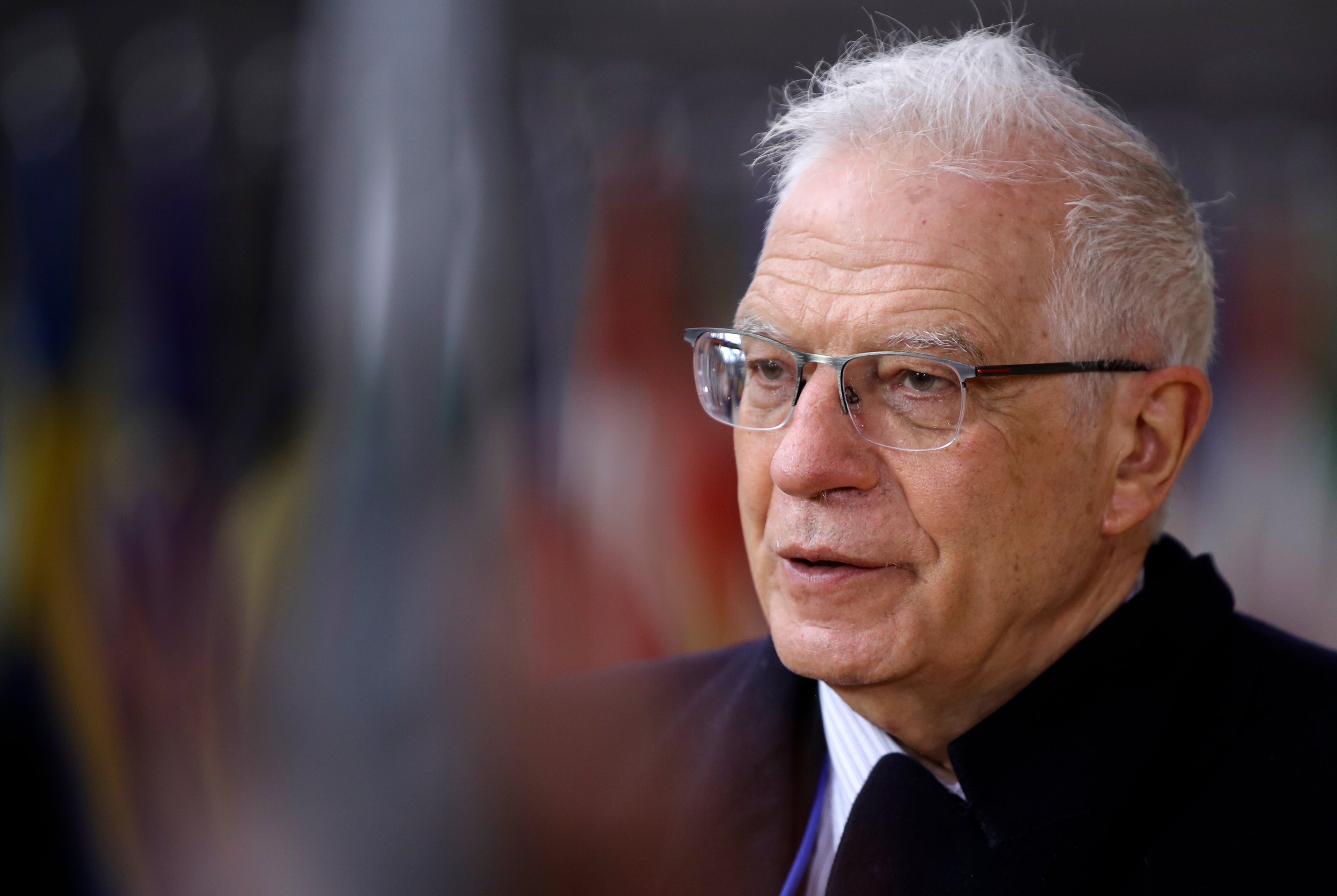EU mulls visa pressure so African states take back migrants
European Union ministers are debating ways to persuade northern African countries to take back migrants denied entry into the 27-nation bloc

Your support helps us to tell the story
From reproductive rights to climate change to Big Tech, The Independent is on the ground when the story is developing. Whether it's investigating the financials of Elon Musk's pro-Trump PAC or producing our latest documentary, 'The A Word', which shines a light on the American women fighting for reproductive rights, we know how important it is to parse out the facts from the messaging.
At such a critical moment in US history, we need reporters on the ground. Your donation allows us to keep sending journalists to speak to both sides of the story.
The Independent is trusted by Americans across the entire political spectrum. And unlike many other quality news outlets, we choose not to lock Americans out of our reporting and analysis with paywalls. We believe quality journalism should be available to everyone, paid for by those who can afford it.
Your support makes all the difference.European Union ministers on Monday debated ways to persuade northern African countries to take back migrants denied entry into the 27-nation bloc, as the EU considers making it more difficult for those failing to cooperate to secure European visas.
Migrants arriving in Europe without authorization routinely lose or destroy their identity documents, or use fake papers, making it hard to work out where they came from and send them home. Sometimes the countries they live in or transit through are reluctant to take them back.
“We have to work for safe and fair and regular migration. We have to put together incentives in order to make third countries accept the people who have to go back, and to create a flow of regular migration," EU foreign policy chief Josep Borrell said.
The EU’s executive body, the European Commission has drawn up a list of how well 39 countries are cooperating on readmitting their nationals. Foreign and interior ministers were meeting Monday to discuss the list and what “incentives” might be used to encourage compliance.
“Now it’s time to go to action. We need … to urgently agree on a limited number of countries that we should focus on and set up a timetable,” EU Home Affairs Commissioner Ylva Johansson said Friday, after talking separately with interior ministers about the issue.
Johansson declined to name the countries on the list, and which might be the worst offenders.
“If we do not reach sufficient progress, I am ready to table proposals to the (European) Council already this summer for making restrictions on visa policy,” she said, adding that if they cooperate well, “we are also ready to put on the table proposals for more generous visa policies.”
The focus on visa restrictions is part of the European Commission’s overhaul of the EU’s failed asylum and migration policy, which was unveiled in September and aims to ensure that more migrants denied entry into Europe are sent home.
Under the EU’s visa code, the European Commission assesses at least once a year how well countries cooperate on readmitting their nationals. EU member states can also notify the executive body when confronted with “substantial and persistent practical problems” with any country, triggering another assessment.
___
Follow AP’s global migration coverage at https://apnews.com/hub/migration